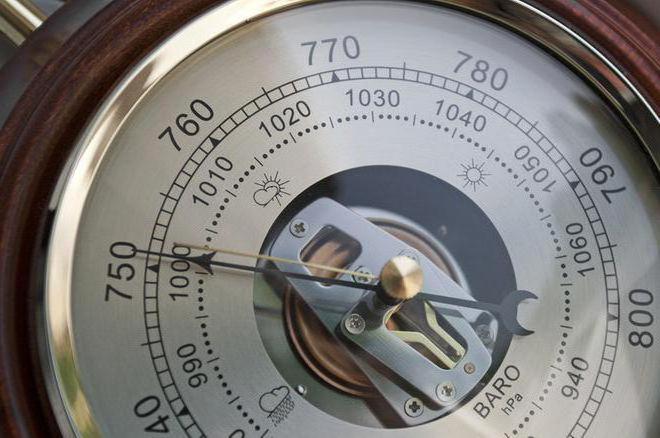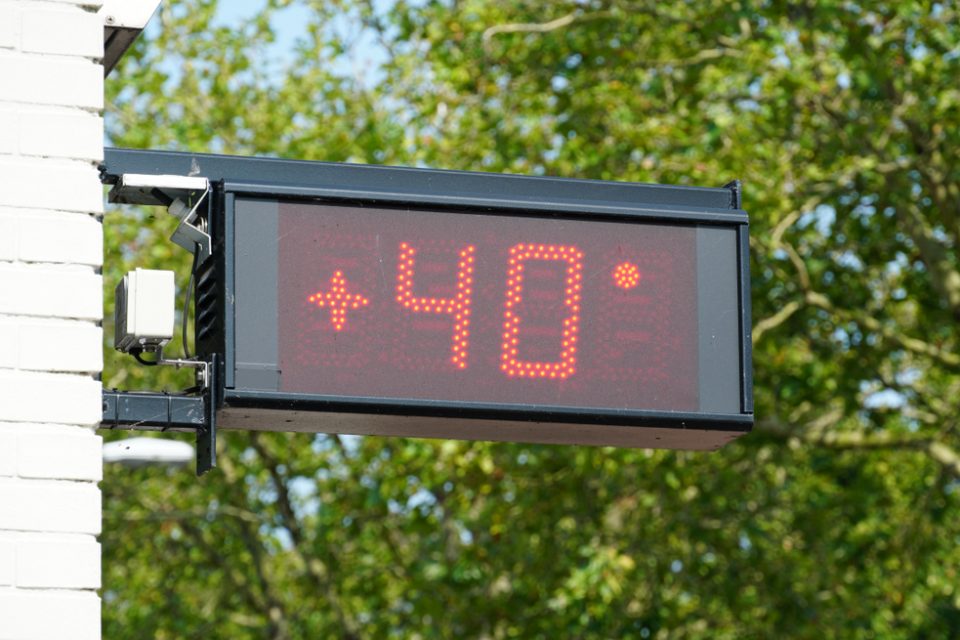Table of Contents
- Does Weather Affect Pain?
- Weather Changes Can Translate to Back Pain
- Why Does My Body Hurt When Weather Changes?
- Resources
Most people have heard someone say, “I know it is going to rain because my arthritis is acting up.” People who have medical conditions like arthritis, migraine headaches, an inflammatory disease, or chronic pain due to other issues often claim the weather triggers painful bouts or makes current pain levels worse. Is there medical research indicating they are correct in claiming weather-related pain?
Does Weather Affect Pain?
Changes in the weather affect pain, especially people with chronic pain. There are studies that have demonstrated a correlation, but to this day, there is no certainty as to why pain levels change with changes in the weather. There are some theories though:
- Changes in things like the barometric pressure, humidity, temperature, rain or some combination of the four weather conditions causes an inflammatory response in joints or the circulatory system.
- Some people are weather-sensitive and mentally anticipate pain level changes as the weather changes, triggering a physical response.
- People are less active during the months of the year in which weather changes tend to be severe, i.e. cold winter months, stormy or severe weather months, etc. so the body has trouble adapting.
- Weather changes lead to changes in the balance of brain chemicals, leading to issues like migraines.
- Weather changes cause muscles, tendons and ligaments to tighten can cause back pain or general pain throughout the body.
- Medical condition or age makes it difficult for the body to regulate its systems.

The Arthritis Foundation has an Arthritis Weather Index that is based on AccuWeather forecasts and predicts the joint pain level based on local weather. Per the foundation, a Tufts University study found that every 10-degree decrease in temperature leads to an increase in joint pain.
Weather Changes Can Translate to Back Pain
Tens of millions of people suffer from back pain, and many notice the weather has a direct impact on the pain level. The back pain could be due to an arthritis flare-up in the spine or hips, or as mentioned earlier, it could be due to the muscles, ligaments and tendons tightening up.
Changes associated with back pain include the following types of weather.
Change in barometric pressure.
There are studies indicating a rise or fall in the barometric pressure may lead to joint swelling as tissue inflates like a balloon in response. People with spinal osteoarthritis or rheumatoid arthritis will experience more barometric back pain.

The theory is that a low barometric pressure reading means there is lower gravity to prevent joint swelling or inflammation in tissues. Swelling puts pressures on the nerves, which increases pain.
Temperature changes
Some people say cold weather and back pain go hand-in hand, while others experience more back pain in very hot weather. Cold weather not only causes muscles, ligaments and tendons supporting the spine to tighten; it also makes it more difficult to regulate the body’s systems.
For example, in cold temperatures, blood vessels in the hands and lower legs/feet constrict in order to push blood to the brain, heart and core organs. This deprives other tissues of a normal blood supply, doubling the impact of cold weather. Back pain from cold is common among people with and without arthritis or other back conditions.

What about hot weather? Heat can make inflammation worse, which increases pain. People who have any kind of inflammatory disease or condition, like rheumatoid arthritis, fibromyalgia or ankylosing spondylitis, may find that very hot weather triggers inflammation.
Humidity
Humidity coupled with high temperatures can trigger many physical responses. High humidity can thicken blood, which puts pressure on blood vessels, cause excessive sweating and dehydration and put a strain on the body in general.
The discs in the spine have high water content, so the body’s effort to stay cool may deprive the discs of water. Humidity can trigger joint inflammation or muscle expansion, once again causing back pain.
Rain or stormy weather
“Why does my back hurt when it rains?” It may not be the rain that causes back pain. It is more likely the drop in the barometric pressure that accompanies a storm’s arrival, causing joint fluid or soft tissues to swell and muscles to contract and expand. However, long winter months of rain, cold and dark days often lead to people telling their doctors their pain is worse.

Why Does My Body Hurt When Weather Changes?
The bottom line is that there may not be definitive answers yet as to why the body hurts when weather changes, but that does not change the fact people experience more pain. It could be due to:p
- hot, humid sunny days or cold rainy days;
- high or low barometric pressure;
- alternatively, cold or hot weather.
Each person is different, but paying attention to the pattern makes it possible to anticipate the incremental pain level based on the weather. Maintain a journal to discover the pattern and develop a pain response plan that fits different weather scenarios.
Managing pain, including back pain, is about much more than taking pain relievers. It requires a proactive approach to minimize the risk of pain increasing.

